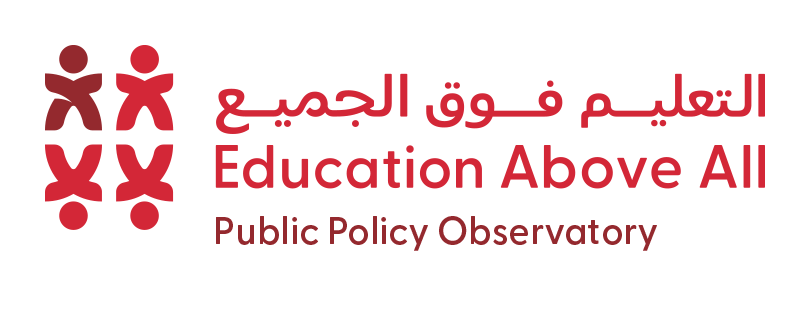Context and Issue
The primary method for assessing and improving foundational literacy and numeracy in low-income countries relied heavily on paper-based data collection. This approach was time-consuming, prone to errors, and delayed the availability of crucial data for decision-making. The quality of data collected was often inconsistent, leading to gaps in understanding the true impact of educational interventions. Teachers and school administrators frequently faced long waits for assessment results, hindering their ability to make timely instructional adjustments.
Solution
To address these issues, RTI International in 2010 developed the Tangerine program in Kenya (pilot). Developed in response to the need for a more efficient and reliable system, Tangerine is a mobile assessment and coaching tool optimized for offline data collection on low-cost Android tablets. Initially piloted under the USAID-funded Kenya Primary Math and Reading (PRIMR) Initiative, the tool leverages open-source technologies such as the Android Operating System, CouchDB, and JavaScript. Implemented by equipping educators, coaches, and researchers with tablets.
Key features include real-time data upload, a user-friendly interface, integrated tools for assessments and coaching, and geolocation tagging for accountability. Data collected are immediately available, scored in real-time, and reported through simple charts and graphs, enhancing timely decision-making. The open-source platform ensures continuous community-driven improvements, making Tangerine a versatile and transformative tool for education in low-resource settings.
Impact
The Tangerine program has significantly transformed educational assessments in low-income countries, impacting 65 countries and over 80 organizations, and powering more than 2 million assessments and surveys since 2010. It has improved the efficiency, quality, and timeliness of data collection, with immediate data availability upon upload, reducing manual entry delays. In Uganda, Tangerine increased feedback evidence in blue books from 38% in 2017 to 52% in 2018, providing more specific and actionable guidance to teachers. The program's widespread adoption and effective deployment highlight its success as a scalable solution for enhancing educational outcomes in low-resource settings.













